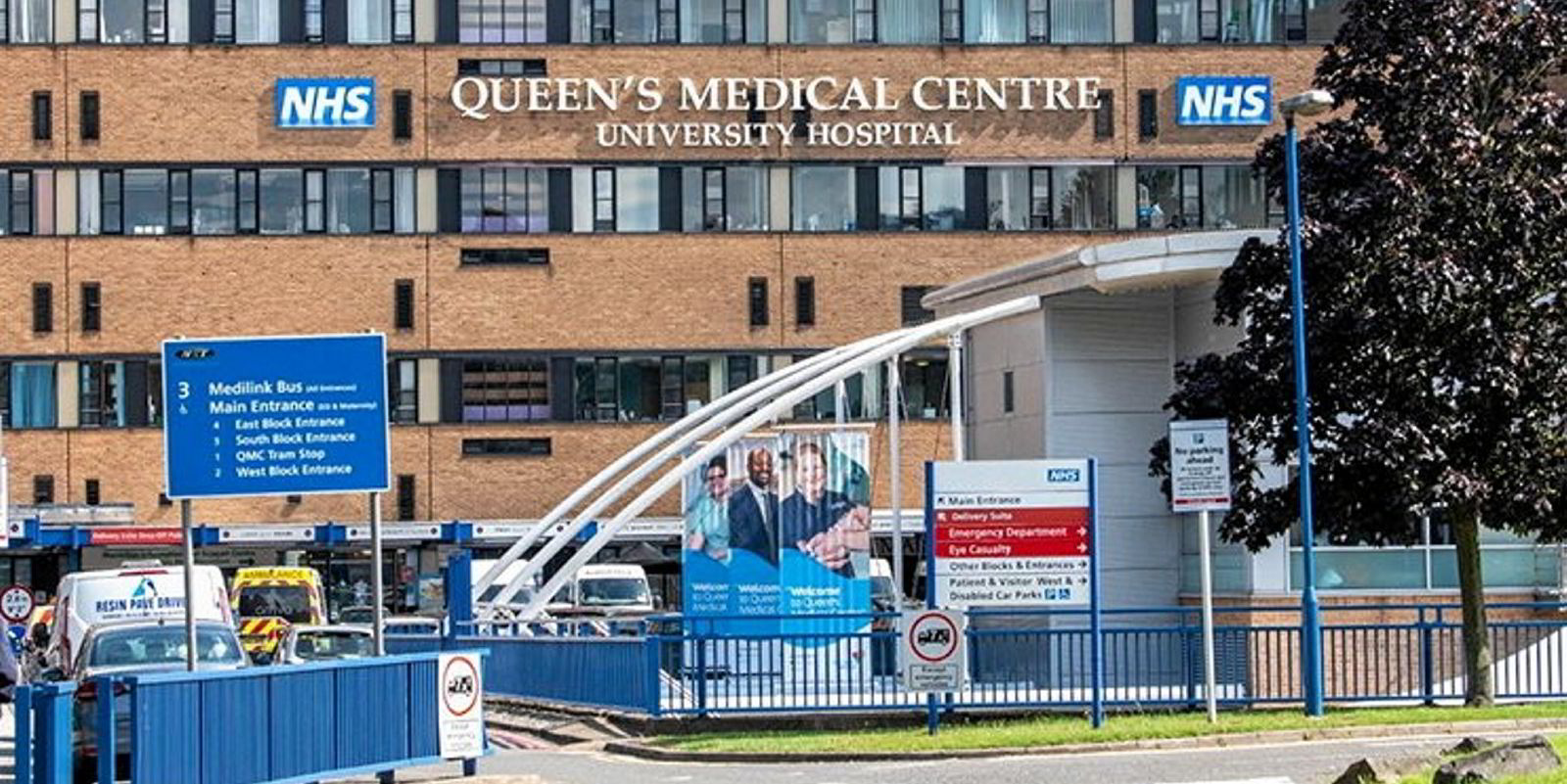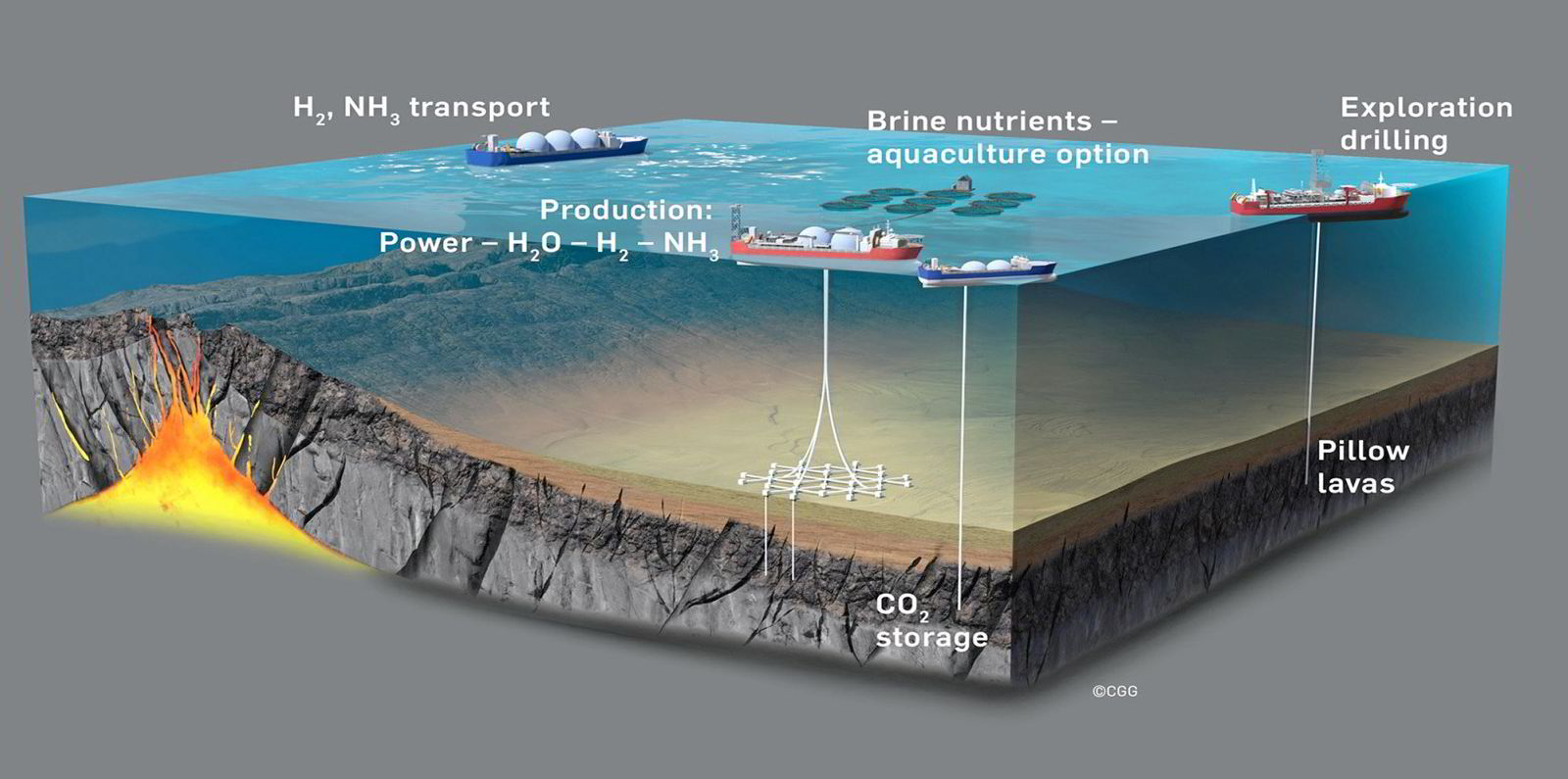German utility E.ON is leading work on a pioneering plan to power a UK hospital by tapping geothermal energy under its carpark.
The £100m ($125m) plan is to draw and store energy from 64 boreholes each up to 250 meters deep below ground next to the Queen’s Medical Centre in the city of Nottingham.
Work began last year and E.ON confirmed that 54 of the boreholes have now been drilled.
Heat drawn from the Earth will help power high-efficiency heat pumps, which will also extract heat from the air.
These pumps will be housed in a £15m energy centre providing low carbon heating and cooling to the hospital.
Chris Norbury, E.ON UK Chief Executive, has said that part of the “urgent challenge” of helping the UK reach net zero is “re-imagining how energy is provided to homes, businesses and cities to explore what can be done to take action and reduce carbon on a large scale”.
It is expected the project will cut the hospital’s carbon footprint by 10,000 tonnes each year.
While not as well known as other renewables sources such as wind, solar and hydro, geothermal power could be key to the energy transition, with work underway on projects that promise limitless energy from the Earth’s core.
New research has found strong indications of "vast, untapped geothermal resources" beneath areas of ocean floor around the world, with the potential to make a major contribution to global green energy supplies.


